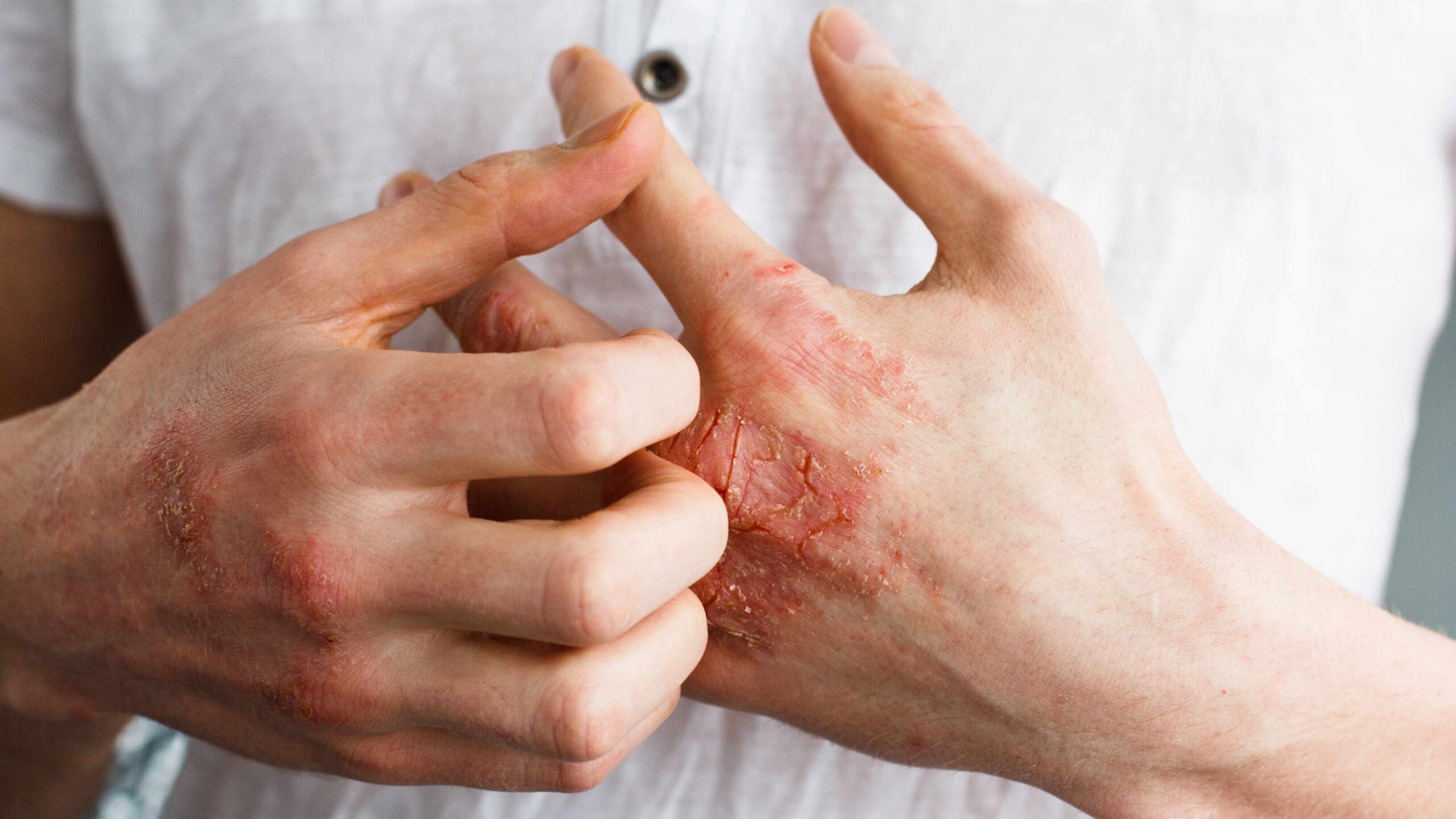Skin rashes are a common dermatological concern, ranging from mild irritation to persistent, uncomfortable conditions. While some rashes clear up quickly with minimal intervention, others require targeted treatments. Understanding which remedies are effective and which might be more harmful than helpful can make all the difference in achieving healthy, comfortable skin. For persistent or unexplained skin irritation, visiting https://www.dermatologist-nyc.com/rashes/ can provide guidance on professional diagnosis and effective treatment options tailored to your needs.
What Works For Skin Rashes?
1. Identifying And Avoiding Triggers
One of the most effective ways to address a rash is to find out what’s causing it. Triggers can include allergens (like nickel, fragrances, or certain plants), irritants (such as harsh soaps or chemicals), or environmental factors (heat, humidity, or dry air). Keeping a diary of flare-ups can help pinpoint patterns and guide prevention.
2. Gentle Cleansing
Using a mild, fragrance-free cleanser helps avoid further irritation. Dryness and irritation can develop when natural oils are removed by harsh cleansers. For sensitive skin, lukewarm water is preferable to hot water, as heat can aggravate redness and itchiness.
3. Moisturizing Regularly
A high-quality, hypoallergenic moisturizer can help restore the skin barrier. Ceramides, shea butter, and hyaluronic acid are a few examples of ingredients that are known to calm and retain moisture, minimizing irritation and halting additional dryness.
4. Over-The-Counter Treatments
For minor rashes brought on by irritation or allergic responses, hydrocortisone cream helps lessen inflammation and itching. Calamine lotion is also effective for calming itching from insect bites or mild allergic reactions.
5. Cold Compresses
Inflammation and itching can be reduced by applying a cool, moist cloth to the afflicted region for ten to fifteen minutes. This method is beneficial for rashes caused by heat or allergic reactions.
6. Professional Dermatological Care
For persistent, severe, or unexplained rashes, a dermatologist can provide targeted treatments, including prescription creams, oral medications, or light therapy, depending on the diagnosis. Professional evaluation ensures you’re treating the root cause, not just the symptoms.
What Doesn’t Work (And May Make Things Worse)?
1. Overusing Topical Steroids Without Guidance
While corticosteroid creams can be helpful for certain rashes, prolonged use—especially without medical supervision—can thin the skin, cause discoloration, or worsen the condition.
2. Scratching The Rash
It’s tempting to scratch, but doing so can break the skin, leading to infection and prolonged healing. Keeping nails trimmed and wearing gloves at night can reduce the risk of scratching during sleep.
3. Applying Harsh Home Remedies
DIY treatments like vinegar, lemon juice, or baking soda can irritate sensitive skin and worsen inflammation. While natural remedies can have benefits, they must be used carefully and only if they are proven safe for skin application.
4. Using Scented Lotions Or Harsh Cosmetics
Fragrances, dyes, and certain preservatives in skincare products can trigger allergic reactions. For rash-prone skin, fragrance-free, hypoallergenic products are best.
5. Ignoring Persistent Symptoms
If a rash doesn’t improve within a week of gentle home care—or if it worsens—it’s essential to seek medical advice. A fungal infection, psoriasis, or eczema are some underlying conditions that may be indicated by persistent rashes and need medical attention.
When To See A Dermatologist?
Seek medical care promptly if:
- The rash is spreading rapidly.
- You have accompanying fever or swelling.
- The rash is blistering, oozing, or painful.
- You suspect an allergic reaction from food, medication, or an insect bite.
- Over-the-counter treatments aren’t helping after a few days.
Final Thoughts
Finding the proper remedy for a skin rash starts with understanding its cause. Gentle care, targeted over-the-counter solutions, and lifestyle adjustments often help, but some rashes require professional attention to resolve effectively. Avoid untested home remedies and always err on the side of caution—especially when symptoms persist or worsen. With the right approach, most rashes can be treated successfully, leaving your skin healthy, calm, and comfortable. In summary, choosing the proper care and avoiding harmful remedies can make all the difference in achieving faster healing and lasting comfort for rash-prone skin.

